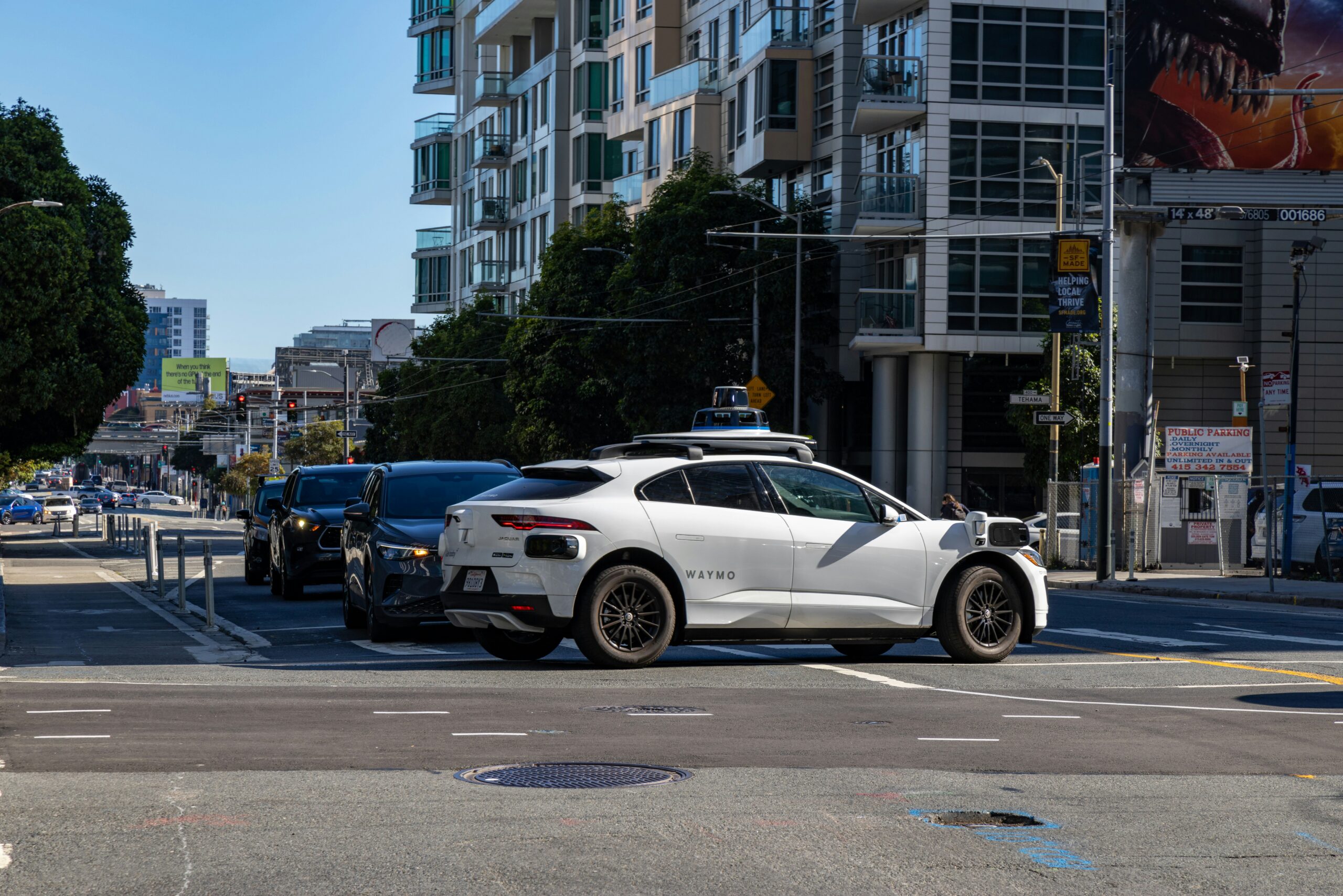Uber plans to begin testing self-driving robotaxis in London next spring in a major move toward autonomous ride-hailing services.
The company will partner with British AI startup Wayve, which has already been testing autonomous vehicles in the capital under human supervision.
Uber described the pilot as the first of its kind for the company in the United Kingdom.
The trial aims to demonstrate the feasibility and safety of artificial intelligence in replacing human drivers for urban transport.
Uber has not yet confirmed if passengers will be able to book the robotaxis during the initial trial phase.
The company said it is still finalizing operational details for the upcoming launch.
If successful, the project could lead to fully autonomous Uber rides without safety drivers in the near future.
Uber has expressed its intention to introduce driverless cars to its UK platform as soon as legal conditions allow.
In the United States, similar journeys have become more common, especially in cities like San Francisco.
There, companies like Waymo, operated by Google’s parent company Alphabet, have already deployed autonomous taxis on public roads.
Andrew MacDonald, president and COO at Uber, emphasized the partnership’s strategic importance.
He said, “This collaboration with Wayve will help to make autonomy a safe and reliable option for riders everywhere.”
Wayve’s CEO and co-founder, Alex Kendall, also highlighted the significance of the trial.
“This is a defining moment for UK autonomy,” Kendall said in a statement released by the company.
The pilot follows recent regulatory changes by the UK government aimed at speeding up autonomous vehicle deployment.
While original plans targeted 2026 or 2027, new frameworks now support earlier rollouts of limited self-driving services.
Under the new legislation, self-driving vehicles must match the safety performance of “competent and careful human drivers,” according to the Department for Transport (DfT).
The government believes autonomous vehicles will reduce road traffic deaths and serious injuries over time.
These systems are expected to outperform human drivers in terms of consistency and error reduction.
Officials also view the emerging sector as an economic growth engine.
The DfT estimates autonomous vehicle technology could generate 38,000 new UK jobs and contribute £42 billion to the economy by 2035.
The upcoming trial represents a critical step in turning that projection into reality.
With legislation accelerating and industry support growing, the UK is moving closer to a self-driving future.
Uber and Wayve hope London will be one of the first major cities in Europe to host regular robotaxi operations.

